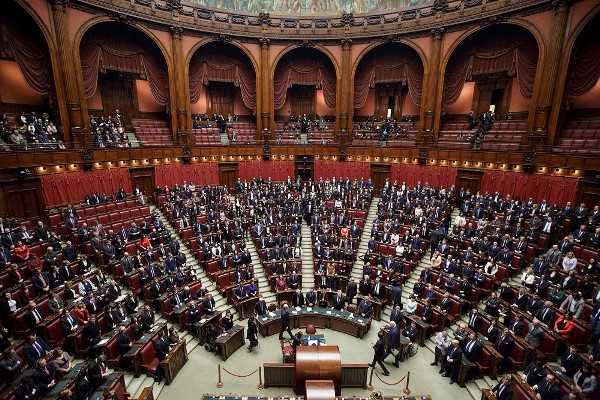S3940 - ICA: report to Parliament and the Government on Relaunch Decree issues
PRESS RELEASE

At the meeting held on the 1st July 2020, the Authority resolved, pursuant to article 21 of Italian Law no. 287/1990, to report certain provisions of Italian Decree Law no. 34 of 19 May 2020 on Urgent measures regarding health, support for jobs and the economy, as well as social policies related to the COVID-19 epidemiological emergency (the so-called Relaunch Decree), currently being converted in the Chamber of Deputies.
The main points of interest, which revealed the most critical points, are:
(i) the exemption from antitrust checks for mergers carried out within the context of public support to banks in compulsory administrative liquidation (as provided for in article 171(4)).
The arrangements chosen to ensure the protection of the “national economy’s relevant general interests” should be reviewed, giving priority to a solution that takes account of the requirements of proportionality and does not lead to unjustified restrictions on competition. It is, therefore, suggested not only that the operations in question have to, in any case, be reported, but that, in providing for the relative authorisation, including “as an exception” by virtue of the relevant general interests, the Authority may prescribe any remedies deemed necessary to restore the conditions of competition;
(ii) the extension of the agreement between the MIT and CIN S.p.A. (article 205(1)).
The Authority noted, in line with the observations already made to the MIT in 2019, the excessive duration of the extension of the concessionary regime (concerning maritime connections of national interest with the major and minor islands) which is considered unjustified, also following the further slowdown of the preparatory activities for the concession procedure, provided for by article 4 of Council Regulation (EEC) no. 3577/92 and by the decision of the Italian Transport Regulation Authority [Autorità di Regolazione dei Trasporti] no. 22/2019 of 13 March 2019, caused by the effects of the pandemic. The Authority hopes, therefore, that this extension will be reduced to the minimum time necessary to identify new entrant(s) to the maritime transport service between the Peninsula and the major and minor islands, and that, in any case, the extension will not go beyond 31 December 2020;
(iii) the umpteenth extension of the concessions (article 199(3) and article 182(2)) concerning port services, state-owned maritime concessions and major water diversion projects for hydroelectric use).
The Authority hopes that the legislator, in relation to these measures, will carefully balance the short-term benefits with the possible costs that could arise over a longer time period, since the extensions delay the competitive comparison for the market and limit the benefits deriving from awards being made through public tender procedures;
(iv) the provision for “safety” behaviour by postal operators, pursuant to article 46(1)(a), no. 3, which extends - to 31 July 2020 (compared to 30 June) - the timeframe for the provisions relating to the special procedures when providing the service relating to sending postal items, as a result of the epidemiological emergency, and which also extends the application of these procedures to providing postal notification services of judicial documents and administrative sanctions.
The Authority emphasises the ambiguous and doubtful interpretation of the provision which could be used by market operators to justify conduct which is both detrimental to the consumer and anti-competitive.
(v) the use of vouchers as a means of satisfying the consumer instead of the right to monetary reimbursement (articles 183, 215 and 216), for contracts related to ticket purchases for any kind of performance (including the cinema and theatre), entrance tickets to museums and other cultural venues, travel tickets and rail passes or local public transport passes and, finally, subscriptions to gyms, swimming pools and sports facilities. The Authority reiterated that, in line with the European legal framework, the consumer should be allowed to choose between a monetary reimbursement and other, if any, equivalent compensation arrangements, with a view to reconciling consumer rights with the need to deal with the liquidity crisis faced by many professionals in the sector, and suggested that vouchers should be accompanied by guarantees and instruments to make them more attractive and reliable.
Rome, 7 July 2020

